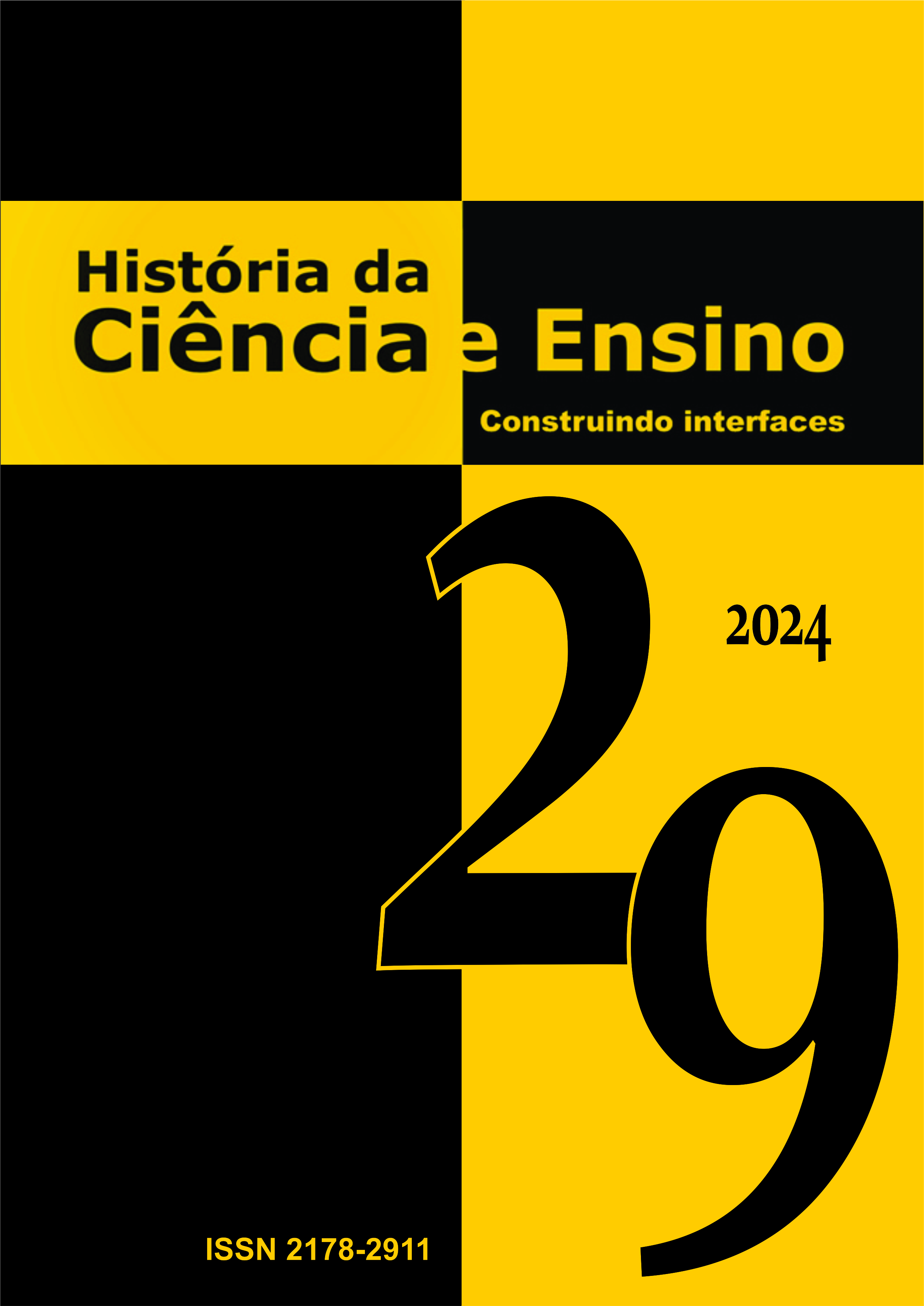Ciências no currículo do Curso Normal Rural da Vila de Santa Izabel, Estado do Pará (1931-1936)
DOI:
https://doi.org/10.23925/2178-2911.2024v29p22-35Keywords:
Rural Normal Course, Science, Culture, ParáAbstract
The aim of this article was to analyze the conditions that made it possible to include the sciences in the teaching programs of the Rural Normal Course, created in 1931, located in the town of Santa Izabel in the state of Pará. To achieve this, the research was guided by the following questions: how did these sciences and the course that housed them find the conditions to become viable in the local culture? What were these sciences, how were they represented and how were they situated in relation to the other subjects within the teaching programs adopted? The concept of culture and representation coined by Hall (2016) was fundamental to the analysis of historiographical sources, such as government decrees and regulations, teaching programs and other discourses that became part of local culture. Among these representations were those that called for the implementation of a rural education oriented towards the practice of agriculture that would be efficient, intensive and, at the same time, with a deep appreciation for the land and nature, in order to deal with the problem of rural exodus faced at the time. The scientific subjects that were adopted in the program of the Santa Izabel Rural Normal Course were: Natural Sciences, in 1931 and Physical and Natural Sciences, in 1934.


